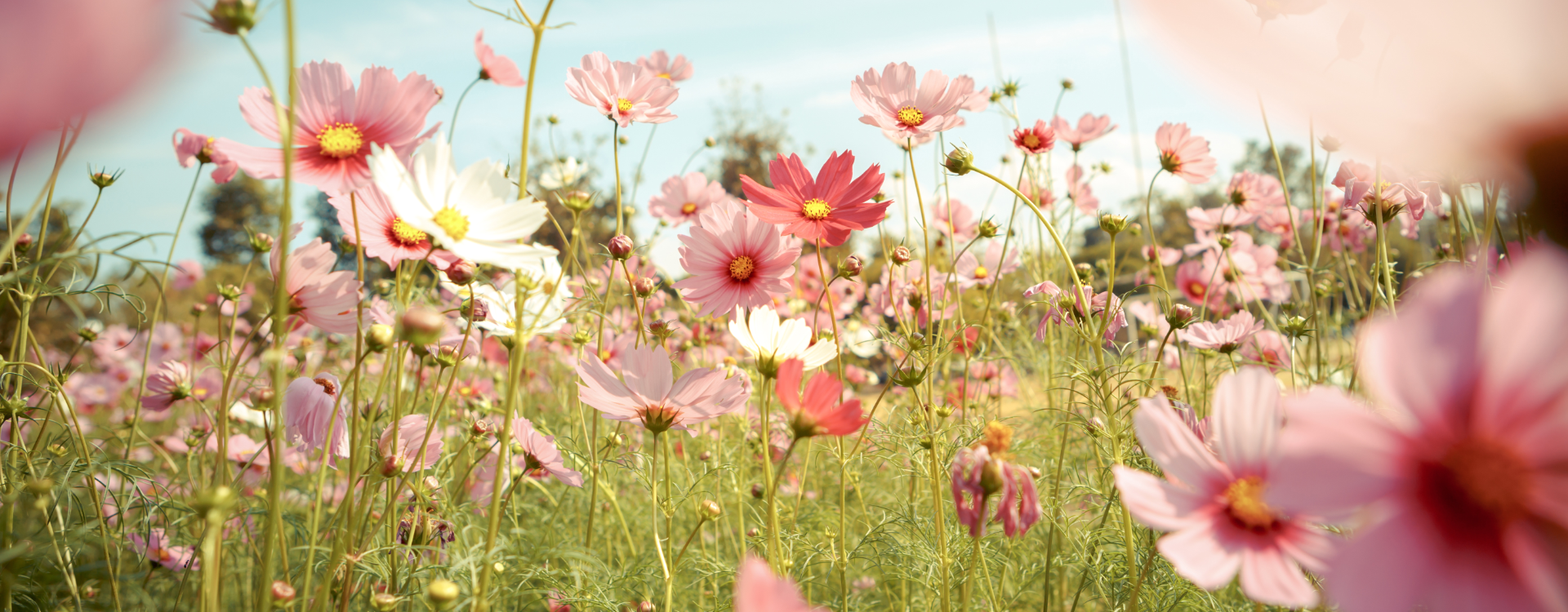
‘Systems are not the new playgrounds for OD it is PLACE that we must focus on.’
As applied behavioural scientists and practitioners we are the people who learned our craft inside organisations. We have studied and learned how people and organisations tick, what people do to organisations and what organisations do to people. We understand the history, that as people migrated from the artistry of their cottages and farms and the industrial revolution took hold, the nature of life and work changed. Organisations became more central to many lives. We are some the people applying the research in our field to help organisations and their people to flourish, or maybe we are not? In Mark Cole’s work (2020) he challenges us to look at the role OD can play, some may say subconsciously, in furthering a managerial agenda which is far from the historical and ethical roots of OD. He asks us to really think if we are no more than instruments of the organisation’s managerial agenda.
In this blog I aim to provoke thinking about contemporary OD, the 21st century world of work and the PLACES in which we can offer our skills, talents and our energy. Organisations will always exist but if we centre our work only in formal organisations maybe our opportunity to contribute will be severely restricted.
2020 was a challenging year, the world of work was changing before the pandemic but it appears things may have accelerated. This moment in time has seen many us forced, out of necessity, to work differently; if we are still lucky enough to have work. We returned to our homes and our communities, possibly like never before in our lifetime. This change is resulting in both individuals and organisations rethinking work processes, work patterns and the type of space we need to operate and achieve our goals.
For some time, our colleagues who focus on Org Design have been leading the way with this thinking as they focus on the idea of platforms as eco-systems (https://platformdesigntoolkit.com/new-foundations-of-platforms-ecosystems-thinking/) . Such ideas help us break further away from our thinking about organisations as the place in which work happens within hierarchical structures in physical buildings. This is not only about where we work and how we do our work, it is about what we consider work. Work is not always about activity that is renumerated. Much work is unpaid and is work of the heart. The pandemic has brough into sharp focus the energetic work of volunteers and campaign leaders. I have previously written that OD is not only about organisations it is a practice which is helpful ‘where people gather for purpose’ (https://maxinecraig.com/).
In giving consideration to these things, I believe OD is boxing itself in. If we really want to live our founding values, we need to move to where our gifts, talents and energy can support change and human flourishing, we need to consider ourselves behavioural scientists who work in place.
Of course, people do gather for purpose inside organisations and this also happens on the edges of organisations, under the radar of the formal organisation (https://corporate-rebels.com/) and in the gaps and spaces between organisations. People gather for purpose in PLACES.
There has been a rush in recent years within the UK to focus on the ‘system’ to design public services ‘at the system level’, the problem is the ‘system’ doesn’t exist, it is an imagined and designed level of aggregation.
It is a managerial or interventional boundary that we put around resources, populations or large geographical areas. Maybe there is a danger that the people who work ‘at the system level’, (and I speak as someone who has contributed at that level of aggregation) might be begin to think the system is real. There is a difference in believing the system is real and working systemically. Systems mean nothing to us as citizens and residents.

Systems are not our places; we don’t live and work in a system.
We live and work in a PLACE; a street, a neighbourhood, a community, a village, town, a city. At this level of aggregation PLACE means something to us. We grew up in places, we walk the streets of our places, our children play in these places, we love, laugh and die in our places. And as we have seen during the pandemic, it was in our places that we stepped forward, gathered for purpose and volunteered to make things better.
Given this maybe we need to reimage and consider that our OD work is now about places, people, work and passionate action. I described this recently as the ‘new frontier of OD’ and I was correctly and gently challenged by a beloved colleague who said,
“Maybe it is that we are just returning to our roots”.
So, are we ready as a field of practice to step into the edges and the gaps?

Reference:
Cole M, 2020, Radical Organisation Development, London, Routledge.

